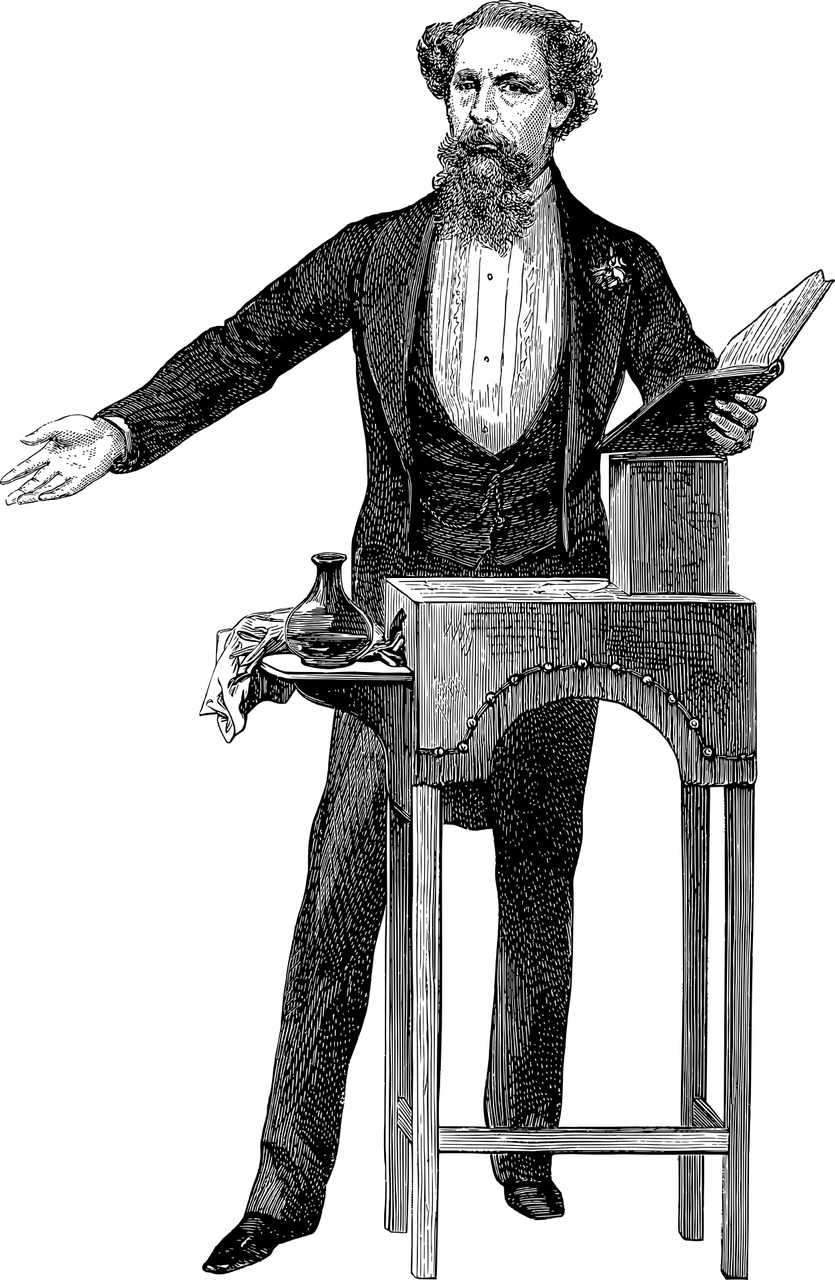Emma is one of Jane Austens most beloved novels, capturing the hearts of readers for generations with its witty dialogue, intriguing characters, and social commentary on the complexities of life in 19th-century England

In this article, we will delve into the world of “Jane Austen Emma,” providing a comprehensive overview of this literary masterpiece and its enduring significance.
Introduction to “Jane Austen Emma”:
“Jane Austen Emma” is a novel written by the renowned English author Jane Austen, first published in 1815. Set in the fictional village of Highbury, the story revolves around the titular character, Emma Woodhouse, a young and vivacious woman of wealthy background who takes it upon herself to meddle in the romantic lives of those around her. As such, “Jane Austen Emma” explores themes of love, class, social conventions, and the consequences of meddling in others’ affairs.
Historical Development of “Jane Austen Emma”:

1. Initial Reception: When “Jane Austen Emma” was published, it received mixed reviews from critics. While some praised Austen’s wit and character development, others criticized the seemingly unlikable nature of the protagonist, Emma. However, as time went on, the novel gained more recognition and appreciation for its social commentary and intricate storytelling.
2. Modern Interpretations: Over the years, “Jane Austen Emma” has inspired numerous adaptations, both in film and television. These adaptations, ranging from the 1996 film starring Gwyneth Paltrow to the more recent miniseries, have brought the story to a wider audience and allowed for new interpretations of the characters and themes. The enduring popularity of these adaptations speaks to the timeless appeal of “Jane Austen Emma.”
3. Literary Analysis: Scholars and literary enthusiasts have conducted in-depth analyses of “Jane Austen Emma,” exploring its narrative structure, character development, and underlying themes. From discussions on Austen’s use of free indirect discourse to the exploration of female agency and societal expectations, these analyses offer readers a deeper understanding of the novel’s significance in Austen’s body of work and in the broader literary canon.
4. Contemporary Relevance: Despite being set in a different era, “Jane Austen Emma” continues to resonate with readers today. Its exploration of love, self-discovery, and the complexities of human relationships transcends time and offers a mirror through which readers can reflect on their own lives. The themes of matchmaking and societal expectations also remain relevant, reminding us of the enduring pressure to conform to societal norms.
In conclusion, “Jane Austen Emma” is a remarkable novel that has stood the test of time. Its engaging narrative, memorable characters, and incisive social commentary have made it a beloved classic. Whether one is new to Austen’s works or a long-time fan, “Jane Austen Emma” offers a captivating journey through the complexities of human nature and the joys and pitfalls of meddling in the affairs of others.
Bulletpoints:
– Introduction to “Jane Austen Emma”: Overview of the novel’s plot, characters, and themes.
– Historical Development of “Jane Austen Emma”: Exploring initial reception, modern interpretations through adaptations, literary analysis, and contemporary relevance.
– Initial Reception: Mixed reviews from critics, growing recognition and appreciation over time.
– Modern Interpretations: Range of film and television adaptations, capturing new audiences and allowing for fresh interpretations.
– Literary Analysis: In-depth studies on narrative structure, character development, and underlying themes.
– Contemporary Relevance: Reflection on universal themes of love, self-discovery, and societal expectations that continue to resonate with readers.
– Conclusion: “Jane Austen Emma” remains a timeless classic, offering a captivating exploration of human nature and the challenges of meddling in others’ lives.





